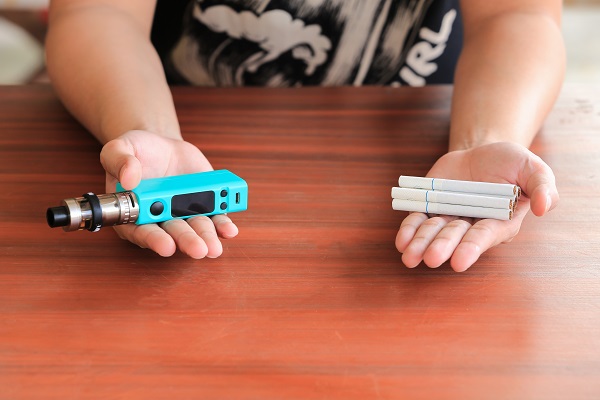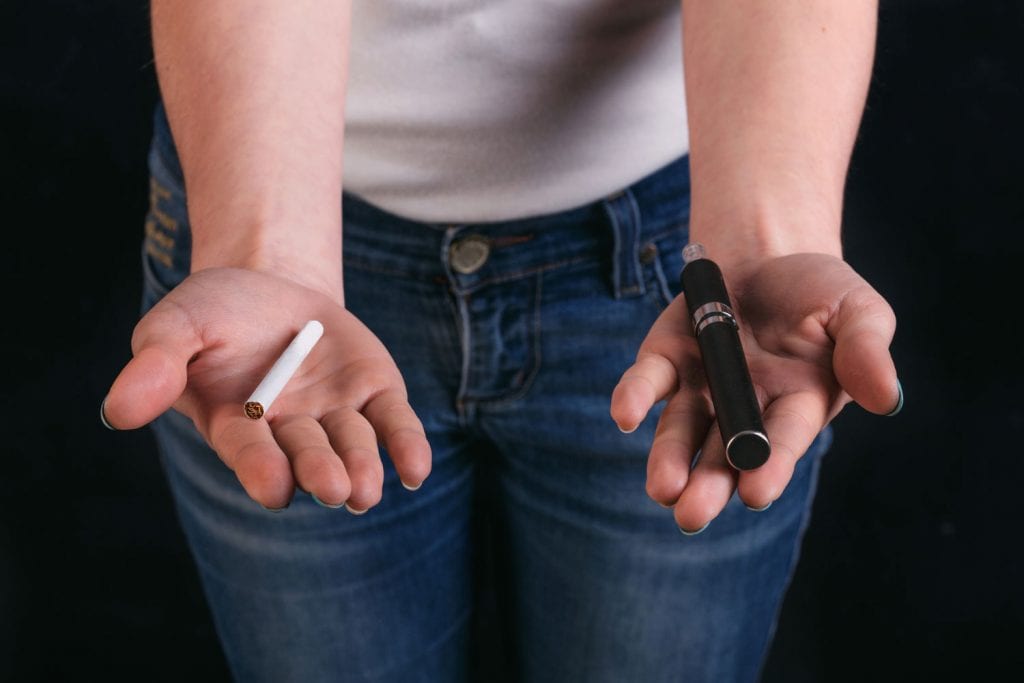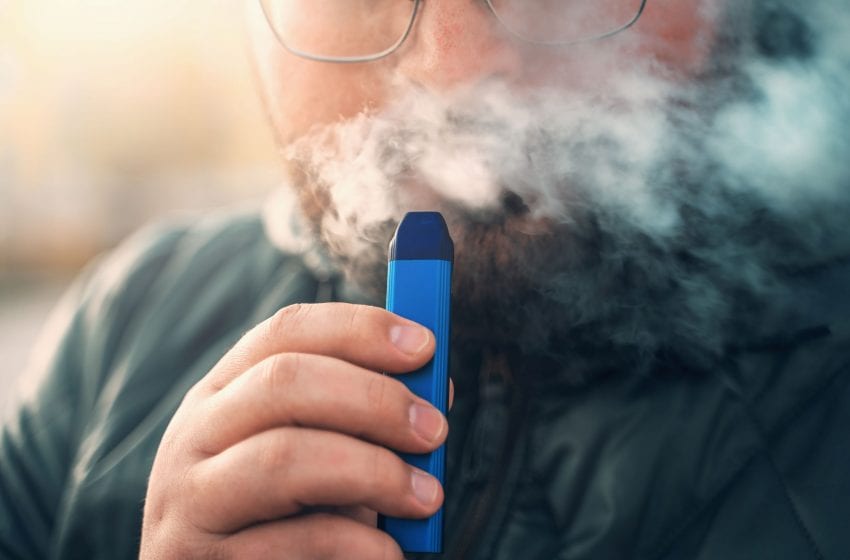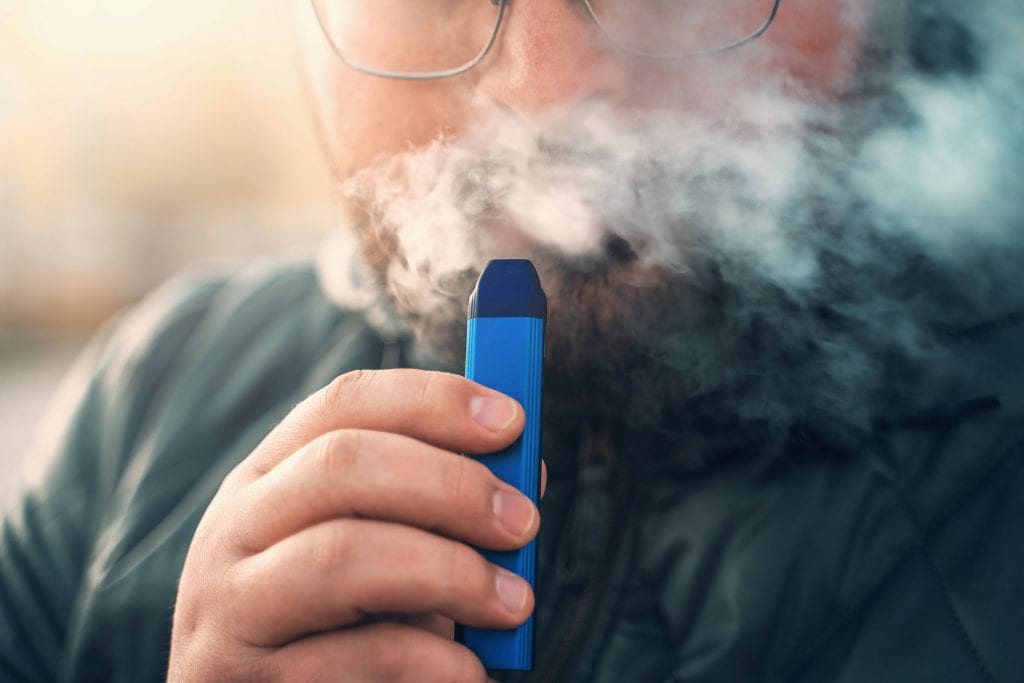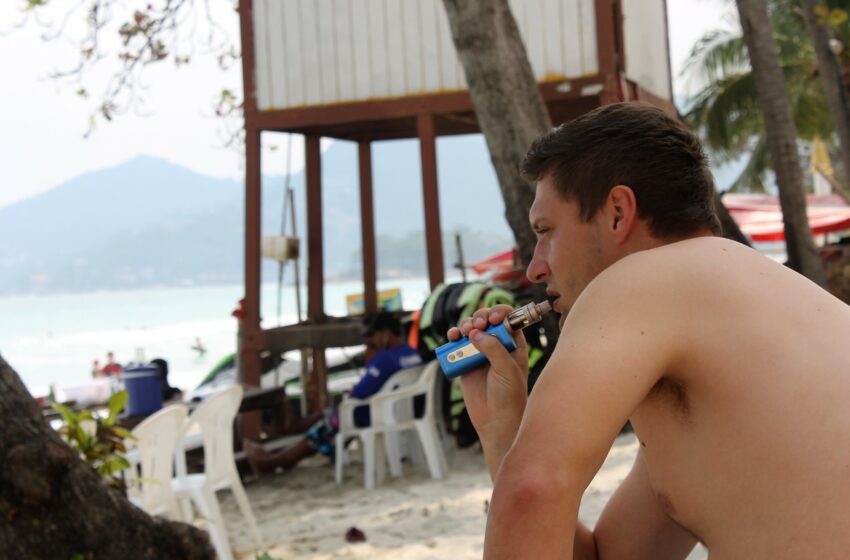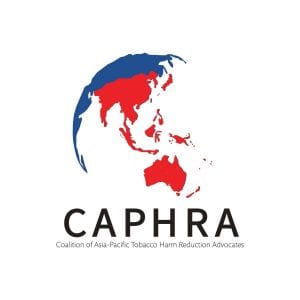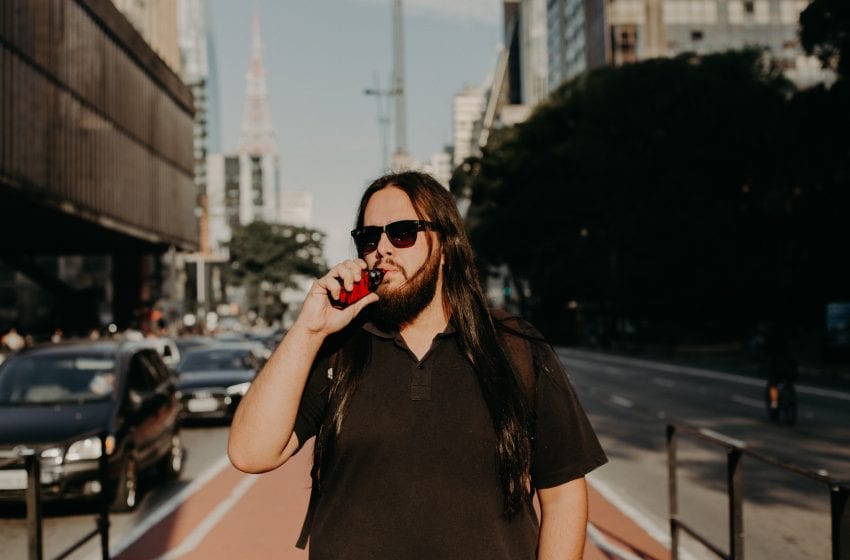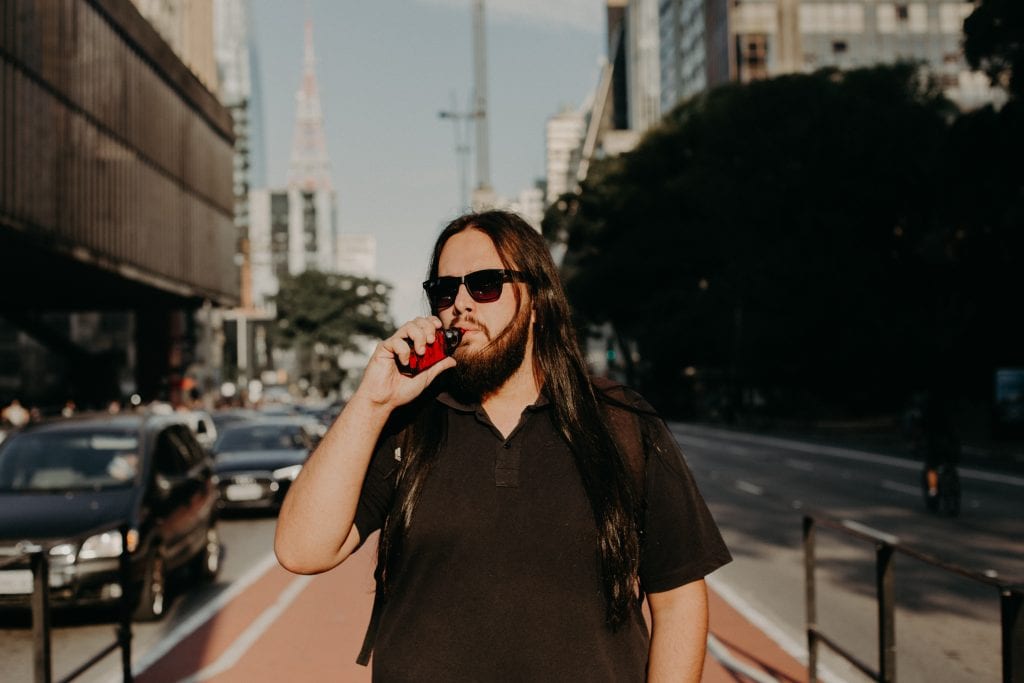
Possession of a vaping device in the U.S. state of Georgia if under the age of 21 is now a criminal offense. Georgia Governor Brian Kemp signed the bill into law today.
Also, much like traditional tobacco products in the state, an excise tax will be placed on vaping products, which is expected to generate approximately $4.3 billion each year.
House Bill 375 passed overwhelmingly in both the Georgia House and Senate.
The new law will make it a misdemeanor if someone under the age of 21 is caught with a vaping device, punishable by a fine or community service. When a device is confiscated, it will become the property of the state and be destroyed.






